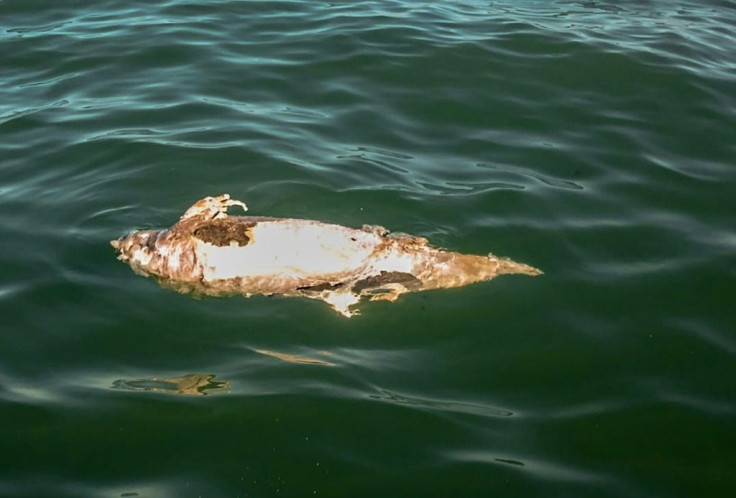US Expands Mexican Seafood Import Ban To Save Critically Endangered Vaquita
KEY POINTS
- The U.S. government is expanding the import ban on seafood from Mexico
- The ban covers certain seafood products caught in vaquita habitat
- Today, it is estimated that there are only 10-15 vaquita left
The U.S. National Marine Fisheries Service announced an expansion of the ban on imports of certain Mexican fish and fish products caught in the habitat of critically endangered vaquita porpoise. The effort is being taken in hopes of preserving the few remaining members of the world's rarest marine mammals.
Seafood Ban
In 2018, a lawsuit filed by conservation groups led the U.S. government to ban shrimp, sierra, chano and curvina seafood imports from Mexico that were caught using gillnets. In a new move, the U.S. government is expanding the ban to include nearly all seafood caught in Mexico’s northern Gulf of California.
Apart from the aforementioned banned seafood, trawl-caught shrimp, sierra caught with a hook and line, curvina, sardines, and sierra caught with a purse seine net, and nearly any seafood caught using gillnets will be banned.
The move is expected to place enormous pressure on Mexico to stop destructive fishing practices that have led to the deaths and near extinction of vaquita porpoises. It comes after the Mexican government officially banned most gillnet fishing in 2017 but failed to enforce it.
In fact, despite the warnings against the use of gillnets, in October 2019, a conservation group still documented 70 small boats using gillnets in vaquita habitat in a single day.
"This is exactly how the law protecting marine mammals is supposed to work: if Mexico's fisheries kill vaquita at a rate that violates U.S. standards, the U.S. must ban imports," senior attorney at the Natural Resources Defense Council, Zak Smith, said. "Since President Lopez Obrador took office, his administration has sat by and watched these tiny porpoises spiral toward oblivion. But, money matters and this embargo should finally get Mexico's attention."
World's Rarest Marine Mammals
From the 1990s when vaquita numbers were above 500, destructive fishing practices in vaquita habitats have decimated their population. The population decline was largely driven by the high demand for totoaba, a critically endangered species whose swim bladder is highly prized as a health food in China.
As it happens, totoaba also lives in the same area as vaquita and it is typically caught using gillnets that end up entangling and drowning vaquita.
Today, with just about 10 to 15 vaquita left, the species is barely hanging on the brink of extinction. Unfortunately, because their numbers are so small, they can no longer be rescued and placed under human care. The only thing that people can do to save them now is to protect them in their only habitat, which is in the northern Gulf of California, Mexico.
This area, however, is also one of Mexico's most valuable fishing regions, both for seafood and the growing illegal trade for totoaba swim bladders. If the threat from destructive fishing nets is not eliminated soon, it is not unlikely for the Earth to lose the vaquita in the next few years.

© Copyright IBTimes 2024. All rights reserved.






















